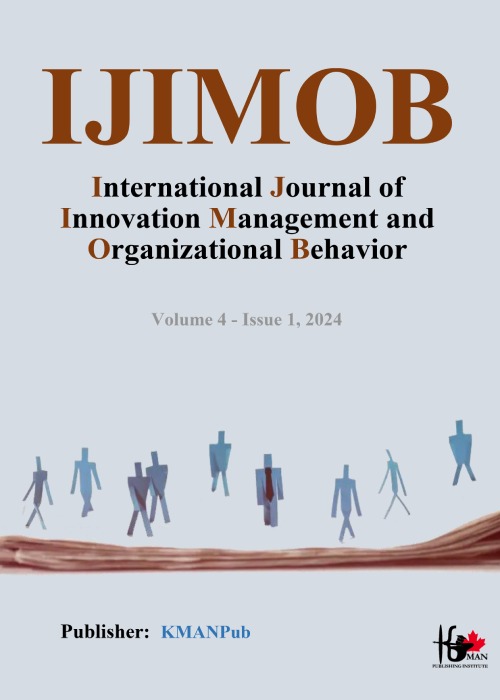Designing a Digital Leadership Model for Managers in Educational Organizations (Case Study: Islamic Azad University, Tehran Province)
The current research context pertains to digital leadership, examining the impact of digital technologies and modern technologies on the leadership process in organizations, specifically educational organizations. The aim of this research is to present a digital leadership model for managers of educational organizations.
The research method was qualitative in terms of data type, and foundational-systemic (paradigmatic) in terms of nature and type of study. The research population includes experts in the field of human resources, possessing doctoral degrees and experience in authorship, articles, research, and practical experience in this area. Based on theoretical sampling methods, particularly snowball sampling, and theoretical data saturation, 15 experts were selected for interviews. The research tool was a semi-structured interview. Initially, a review of national and international models, findings, studies, and theories was conducted. Then, through open coding, indicators were enumerated, and through axial coding, categorized into dimensions, components, and indicators.
This was sent to 15 experts and identified through selective coding via interviews and brainstorming. The findings culminated in 5 dimensions, 17 components, and 121 indicators for the digital leadership model for managers of educational organizations (case study of Islamic Azad University, Tehran Province). Following final validation and prioritization by experts, the constituting dimensions, components, and indicators of the model were delineated, and the model was re-validated by the experts.
The research results are presented in 5 dimensions: causal conditions, contextual conditions, intervening conditions, strategies, outcomes, and 17 components including digital culture, digital security, digital infrastructure, digital communications, digital structure, digital economy, digital intelligence, digital literacy, upper-level documents, leadership competencies, cognitive abilities, professional skills, human skills, realization of digital university, economic effects, social effects, and environmental impacts.
- حق عضویت دریافتی صرف حمایت از نشریات عضو و نگهداری، تکمیل و توسعه مگیران میشود.
- پرداخت حق اشتراک و دانلود مقالات اجازه بازنشر آن در سایر رسانههای چاپی و دیجیتال را به کاربر نمیدهد.


